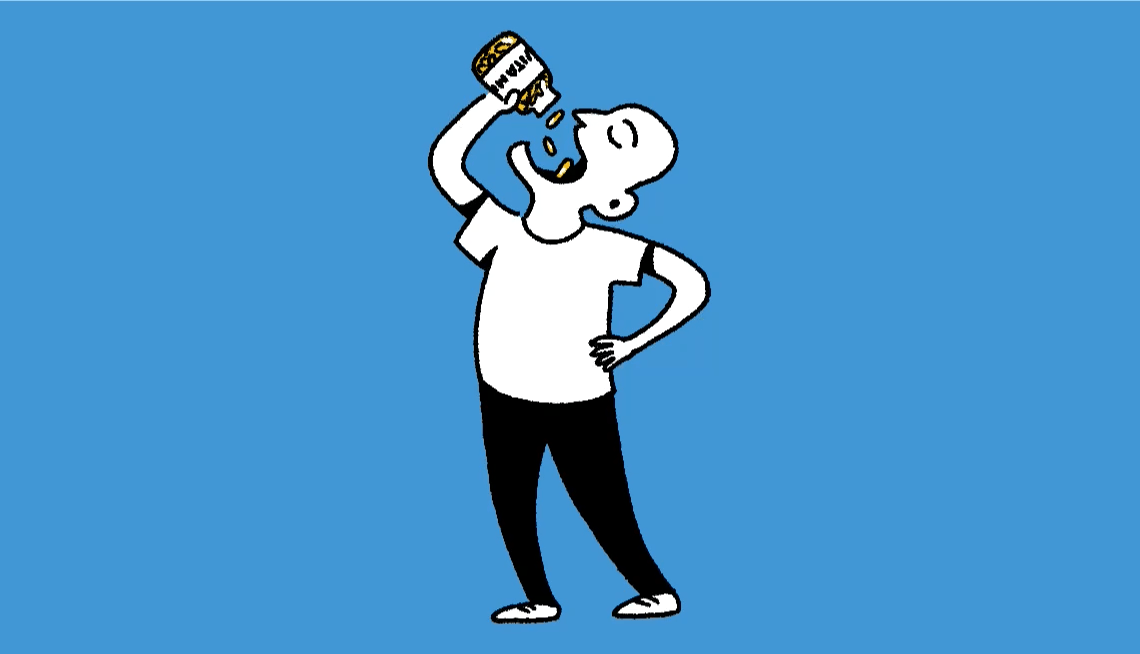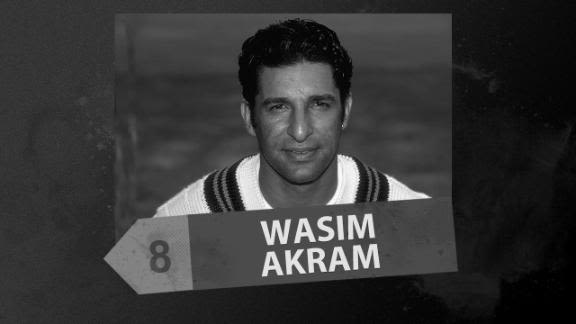
- Select a language for the TTS:
- UK English Female
- UK English Male
- US English Female
- US English Male
- Australian Female
- Australian Male
- Language selected: (auto detect) - EN
Play all audios:
_SHOULD I BE TAKING A MULTIVITAMIN?_ The vitamin and supplement industries are enormous. I don’t want them to get annoyed with me, but the reality is that if you eat a well-balanced diet
with fruits, vegetables, protein, dairy and whole grains, you don’t need to take a multivitamin. This has been proven over and over again, and I think the majority of doctors and
nutritionists will agree with me. While there are legitimate diagnoses of people who have multiple vitamin deficiencies, it’s rare. Yet 70 percent of Americans over age 65 regularly take
one or another daily multivitamin or mineral supplement. People call me all the time saying things like “Adam, I was just watching an infomercial for an amazing supplement. It costs only $60
a month, and it’s guaranteed to help me sleep better and feel less stressed out.” When I hear this sort of endorsement, I’ll usually suggest an alternative and say, “Well, do you think
going for a walk outside would make you feel better too?” Although you’re wasting money, it’s unlikely you’ll get into any health trouble by taking these supplements. The joke is that many
multivitamins are a mile wide and an inch deep. Meaning, if you look at the ingredients, a daily dose of a multivitamin typically contains 25 to 40 vitamins, but each one is in a very small
amount. Legitimate vitamin and mineral deficiencies come with specific medical signs and symptoms that may include hair loss, splitting nails, bleeding gums, cracks in the side of the mouth,
muscle cramps or weakness. Your doctor can detect a deficiency by taking a careful medical history along with a physical exam and then following up with a blood test. I certainly don’t
think it’s unreasonable at the time of your doctor’s visit to ask, “Are there any vitamins I should be taking?” That’s a great question to stimulate your doctor to be sure your vitamin D
(frequently low in older adults), vitamin B12 and iron levels are checked — or to consider other possible deficiencies. Iron and B12 deficiencies can lead to anemia. While vitamin B12 and
iron are two separate nutrients, they work together to produce healthy red blood cells. Anemia is not unusual among my older patients. Iron is difficult to absorb, and older patients who’ve
decreased the amount of food they eat may have trouble absorbing iron. People who follow certain dietary programs, for example, vegans or vegetarians, could also be at risk for
iron-deficiency anemia. I’ve had patients who have given up meat, fish and chicken become iron deficient. This condition can often be remedied simply by eating iron-rich foods. There are
plenty of choices, including dark green vegetables like spinach and kale, fortified cereals, oats and lentils, to name a few. It’s also true you can get too much of a good thing. Some
vitamins can be toxic in larger than their recommended doses. The vitamins A, K, E and D are fat soluble, which means they are stored in our liver and fatty tissue. High amounts can cause
problems. Vitamin E, for example, can interfere with blood clotting, and I’ve seen people who take too high a dose of vitamin E end up with a bleeding problem. For this reason, most people
who are having surgery get instructions from their doctor to stop taking supplements two to three weeks before surgery. The bottom line? In most cases, multivitamins are unnecessary. If
you’re eating a balanced diet, you’ll be absorbing more than enough nutrients — and you can take the need for a daily multivitamin off your plate.










